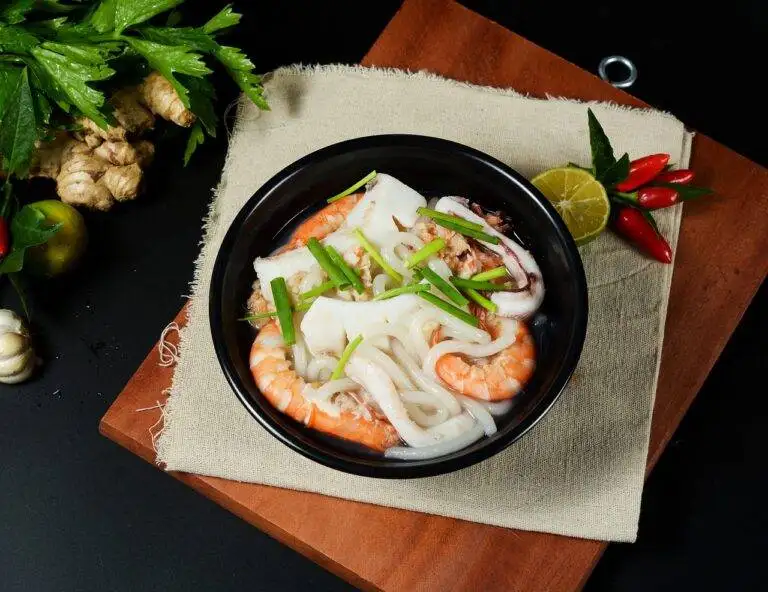Exploring Food Industry Initiatives to Address Food Security in Indigenous Territories
Food security in Indigenous territories is deeply impacted by various factors, including limited access to nutritious food, economic instability, and environmental degradation. Communities often face barriers in obtaining fresh, healthy foods due to geographic isolation and high transportation costs, which result in a heavy reliance on processed and unhealthy food options. In addition, historical injustices and colonization have disrupted traditional food systems, leading to a loss of cultural practices and knowledge related to food production and harvesting.
Furthermore, the prevalence of food deserts in Indigenous territories exacerbates the food security challenges faced by communities. These areas lack access to affordable and nutritious food, forcing residents to travel long distances to purchase groceries or rely on convenience stores with limited healthy options. The combination of these factors contributes to high rates of food insecurity and diet-related diseases, illustrating the urgent need for sustainable solutions to address the complex issues surrounding food security in Indigenous territories.
Understanding the Impact of Historical Trauma on Food Security
Historical trauma refers to the long-lasting effects of systemic injustices and atrocities that indigenous communities have faced over generations. These traumatic experiences have severely impacted the connection to traditional food systems and practices, disrupting the ability of communities to access nutritious and culturally relevant foods. The breakdown of these essential food systems has contributed to high rates of food insecurity among indigenous populations, exacerbating existing health disparities and perpetuating cycles of poverty.
The loss of traditional knowledge and food sovereignty due to historical trauma has left many indigenous communities reliant on government food programs and unhealthy, processed foods. This reliance not only undermines cultural identity and autonomy but also poses significant health risks, leading to higher rates of chronic diseases such as diabetes and obesity. In order to address the issue of food security in indigenous territories, it is crucial to recognize and understand the profound impact of historical trauma on food systems and work towards revitalizing traditional practices and empowering communities to regain control over their food sources.
Traditional Indigenous Food Systems and Practices
Indigenous communities have long maintained traditional food systems that are closely interconnected with the land and natural resources. These practices are rooted in sustainable methods of hunting, fishing, gathering, and agriculture that have been passed down through generations. Traditional foods such as wild game, fish, berries, and medicinal plants play a vital role in the diets of Indigenous peoples, providing not only nourishment but also cultural and spiritual significance.
The knowledge and skills related to Indigenous food systems are often deeply intertwined with cultural traditions and ceremonies. Elders and community leaders play a crucial role in preserving and passing on this knowledge to younger generations, ensuring the continuity of these practices. By recognizing and supporting traditional food systems, Indigenous communities can promote food sovereignty, enhance food security, and strengthen their cultural identity and resilience in the face of ongoing challenges.
What are some of the challenges faced by Indigenous communities in terms of food security?
Indigenous communities face challenges such as limited access to traditional lands for hunting and gathering, loss of traditional knowledge, lack of economic resources to purchase healthy foods, and the impact of environmental degradation on traditional food sources.
How does historical trauma affect food security in Indigenous territories?
Historical trauma, such as colonization and forced relocation, has disrupted traditional Indigenous food systems and practices, leading to a loss of cultural identity and connection to the land. This has resulted in food insecurity and a reliance on processed and unhealthy foods.
What are some traditional Indigenous food systems and practices?
Traditional Indigenous food systems and practices include hunting, fishing, gathering wild plants, farming traditional crops, and food preservation techniques such as smoking and drying. These practices are essential for maintaining cultural identity, health, and well-being in Indigenous communities.







